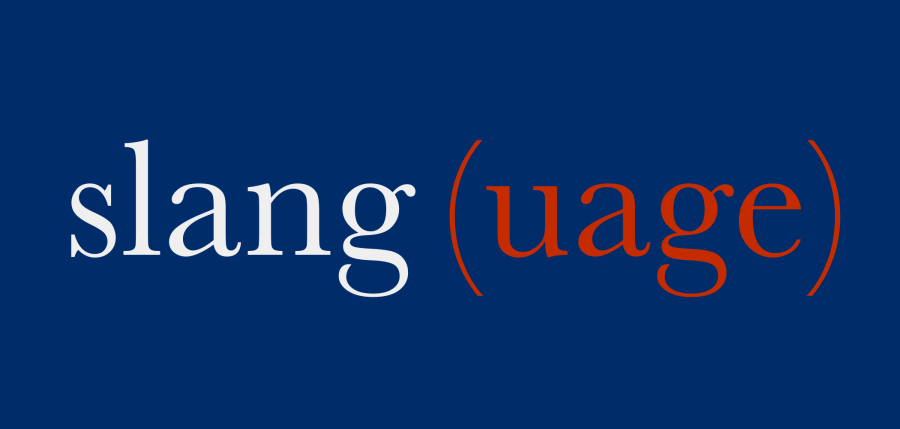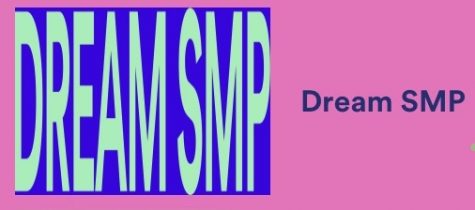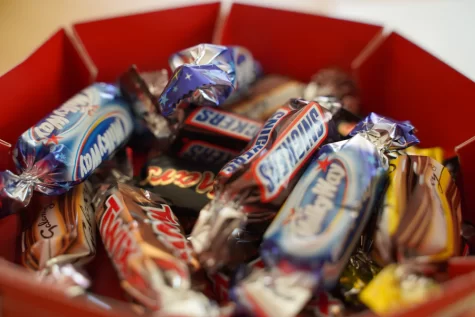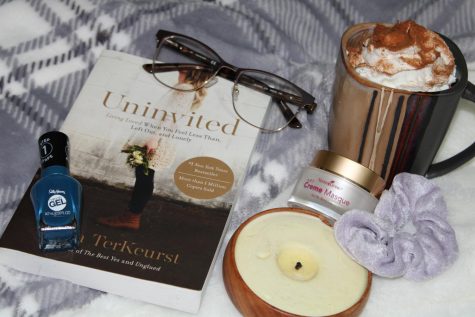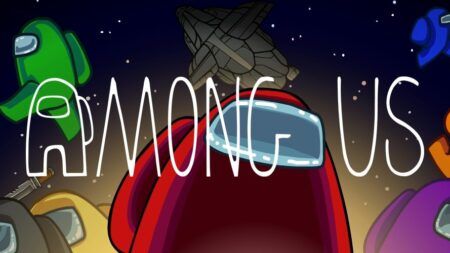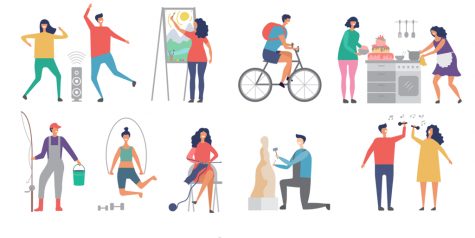Slang(uage)
Bae. Swag. On fleek.
Slang words and phrases such as these are constantly generated and integrated into society and language. Whether it be an acronym or a shortened word, teens use of slang is common.
Although it is an everyday occurrence, the use of slang receives mixed feelings depending on the context. “I’m not really into [slang], but I think it’s a way for people to express themselves [and] make up their own words. I think [slang] is funny in a way, [but] it’s overused,” sophomore Teiya Staebell said.
“I try not to use acronyms because it seems like it’s more genuine when you get a text message if it has the actual words in it, but I do use bae [ironically],” sophomore Justin Taylor said.
Although most slang remains… slang… a miniscule amount of these words actually make their way into the dictionary. For example, the online Oxford Dictionary now includes “derp,” “selfie” and “emoji.”
Every year, Oxford chooses a “Word of the Year,” which is then added into the dictionary. A few of the runner-ups for the “Word of the Year” in 2014 were “slacktivism,” “normcore” and “bae.”
“[Slacktivism] should have won because that’s like everyone everyday,” Taylor said. Slacktivism is a combination of the words slacker and activism. On Oxford’s online dictionary, it is defined as “actions performed via the Internet in support of a political or social cause but regarded as requiring little time or involvement, such as signing an online petition.”
Over the last few years, the use of slang has become more acceptable as evidence by Oxford’s additions. Whether you love it or hate it, whether it’s basic or on fleek, this is just the tip of the iceberg. 2015 will continue to enlarge our dictionary, for better or for worse.


